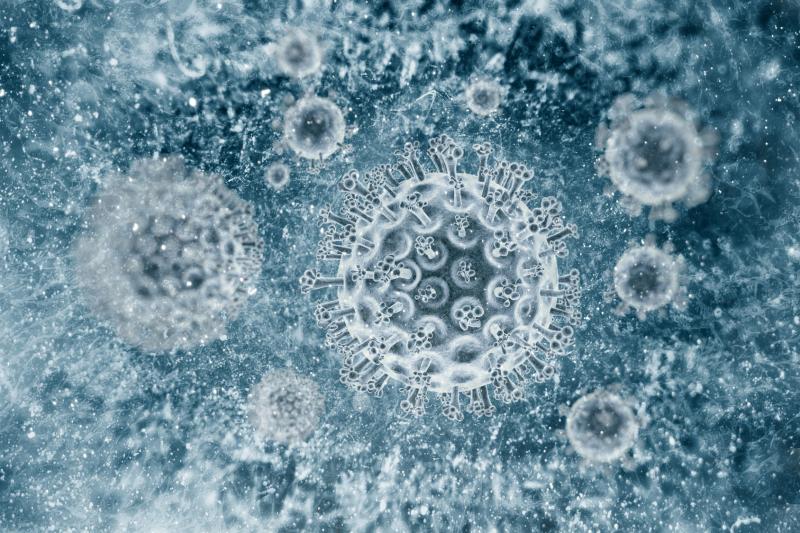
Treatment with compassionate-use remdesivir leads to clinical improvement in some patients with severe coronavirus disease 2019 (COVID-19), suggests a study.
Remdesivir was administered on a compassionate-use basis to patients hospitalized with COVID-19, who had an oxygen saturation of ≤94 percent while breathing ambient air or who were receiving oxygen support. Treatment consisted of a 10-day course of remdesivir 200 mg given intravenously on day 1, followed by 100 mg daily for the remaining 9 days of treatment.
The researchers used data from patients who received remdesivir from 25 January 2020 through 7 March 2020 and have clinical data for at least 1 subsequent day.
Sixty-one patients with COVID-19 received at least one dose of remdesivir, of which eight could not be analysed, including seven with no post-treatment data and one with a dosing error. Of the 53 patients included in the analysis, 22 were in the US, 22 in Europe or Canada, and nine in Japan.
Thirty patients (57 percent) underwent mechanical ventilation and four (8 percent) received extracorporeal membrane oxygenation at baseline. During a median follow-up of 18 days, 36 patients (68 percent) showed improvement in oxygen-support class, including 17 of 30 patients receiving mechanical ventilation who were extubated. [N Engl J Med 2020;doi:10.1056/NEJMoa2007016]
Twenty-five patients (47 percent) were discharged, and seven patients (13 percent) died, with a mortality of 18 percent (six of 34) among those receiving invasive ventilation and 5 percent (one of 19) among those not receiving invasive ventilation.
“To date, no therapy has demonstrated efficacy for patients with COVID-19,” the researchers said. “Although data from several ongoing randomized, controlled trials will soon provide more informative evidence regarding the safety and efficacy of remdesivir for COVID-19, the outcomes observed in this compassionate-use programme are the best currently available data.”
New safety signals were not observed during short-term remdesivir therapy in the compassionate-use cohort. While renal abnormalities have been reported in nonclinical toxicology studies, evidence for remdesivir-induced nephrotoxicity was not observed.
Studies have also reported mild-to-moderate increases in aspartate transaminase and alanine transaminase or both in healthy volunteers and patients with Ebola virus, which were likewise observed in this cohort of patients with severe COVID-19, according to the researchers. [N Engl J Med 2019;381:2293-2303; https://www.ema.europa.eu/en/documents/other/summary-compassionate-use-remdesivir-gilead_en.pdf]
“However, considering the frequency of liver dysfunction in patients with COVID-19, attribution of hepatotoxicity to either remdesivir or the underlying disease is challenging,” they added. [Lancet Gastroenterol Hepatol 2020;5:428-430]
Of note, the compassionate-use programme failed to collect viral load data to confirm the antiviral effects of remdesivir or any association between baseline viral load and viral suppression, if any, as well as clinical response, according to the researchers. In addition, therapy duration was not uniform due to clinical improvement that enabled discharge from the hospital.
“The effectiveness of a shorter duration of therapy (eg, 5 days, as compared with 10 days), which would allow the treatment of more patients during the pandemic, is being assessed in ongoing randomized trials of this therapy,” the researchers noted.
COVID-19, which is caused by infection with SARS-CoV-2, originated in the city of Wuhan, China, and quickly spread across the globe due to government censorship and delayed travel restrictions. It has sickened nearly 2 million individuals and killed more than 126,000 people worldwide as of this writing.